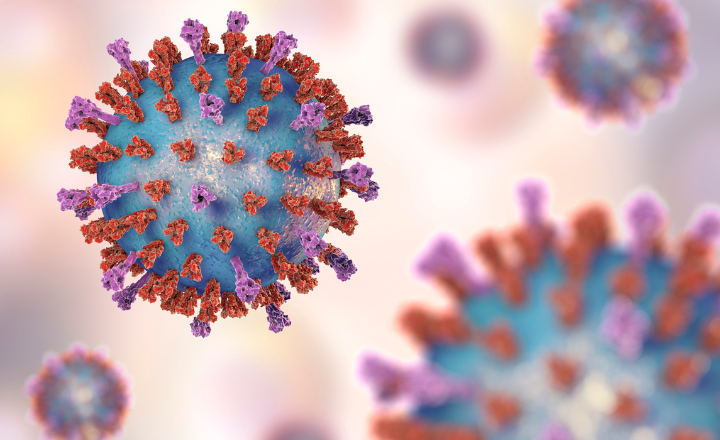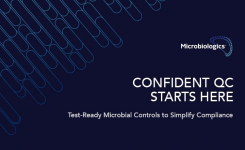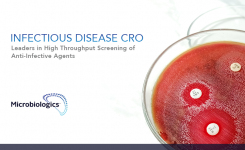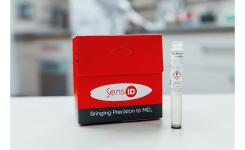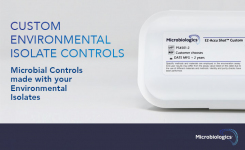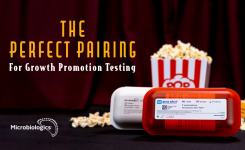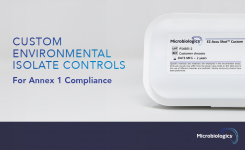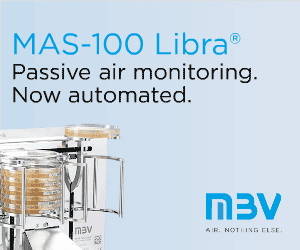- The respiratory infection season is approaching, with diagnostic laboratories preparing for tests for SARS-CoV-2, Influenza, Respiratory Syncytial Virus (RSV), and Mycobacterium tuberculosis (MTB).
- Labs must ensure the reliability and reproducibility of molecular and culture-based assays, especially during high-demand periods.
- Challenges include potential reagent shortages and fluctuating patient demand, making consistency in testing and results critical.
- Microbiologics’ quality controls can help laboratories meet regulatory compliance and support reproducibility of molecular assays.
As the respiratory infection season draws near in the United States, diagnostic laboratories are preparing for an influx of tests for respiratory pathogens such as SARS-CoV-2, Influenza, Respiratory Syncytial Virus (RSV), and Mycobacterium tuberculosis (MTB). The winter months, traditionally associated with higher rates of respiratory infections, pose a significant challenge to healthcare systems. According to the World Health Organization (WHO), Influenza alone causes up to 1 billion infections worldwide each year, with 3–5 million severe cases and between 290,000 to 650,000 respiratory deaths annually1. Similarly, RSV is a leading cause of respiratory infections in young children and older adults, contributing to significant morbidity and mortality2.
In recent years, the COVID-19 pandemic has dramatically altered the landscape of respiratory diagnostics, increasing both awareness and demand for precise, timely testing. The co-circulation of multiple respiratory pathogens, including SARS-CoV-2, Influenza, and RSV, underscores the importance of multiplexed diagnostic assays and robust quality control (QC) processes to maintain accuracy across various testing platforms.
Laboratories must ensure that their molecular and culture-based assays are both reliable and reproducible, particularly during high-demand periods. The use of well-characterized quality controls is vital to ensuring that assays remain sensitive and specific, regardless of testing volumes. As the season progresses, laboratories will face a range of challenges, from potential reagent shortages to fluctuating patient demand, making consistency in testing and results even more critical.
In addition, studies have shown that coinfections with respiratory pathogens can complicate diagnosis and treatment, further emphasizing the need for comprehensive diagnostic tools. Research published in The Lancet indicates that during the 2020–2021 Influenza season, a significant portion of patients with respiratory symptoms were coinfected with both SARS-CoV-2 and Influenza, a trend that could persist in the coming years3.
To manage these challenges, clinical labs should adopt rigorous QC practices. Prepare your lab for the upcoming respiratory season with Microbiologics’ quality controls that ensure the accuracy of diagnostic assays for SARS-CoV-2, Influenza, RSV, rifampicin-resistant MTB, and more. These ready-to-use controls not only help laboratories meet regulatory compliance but also support the reproducibility of molecular assays, ultimately safeguarding public health during critical times.
With proper preparation, laboratories can help mitigate the impact of the respiratory season, providing essential diagnostic services that drive patient care and treatment decisions.
See Microbiologics respiratory controls here .
References:
1. World Health Organization. "Influenza (Seasonal).
2. American Lung Association. "RSV (Respiratory Syncytial Virus).
3. The Lancet. "Coinfection with SARS-CoV-2 and Influenza Viruses." Published in The Lancet Respiratory Medicine, 2021.



